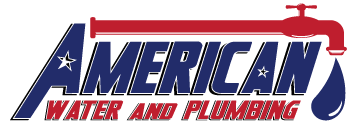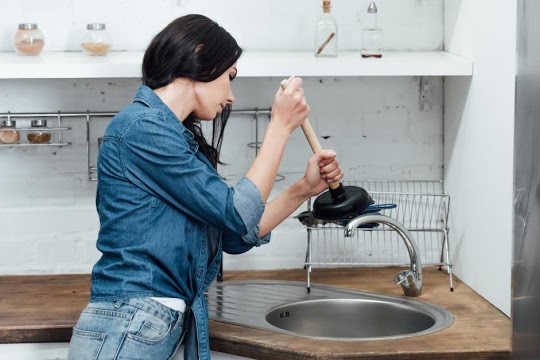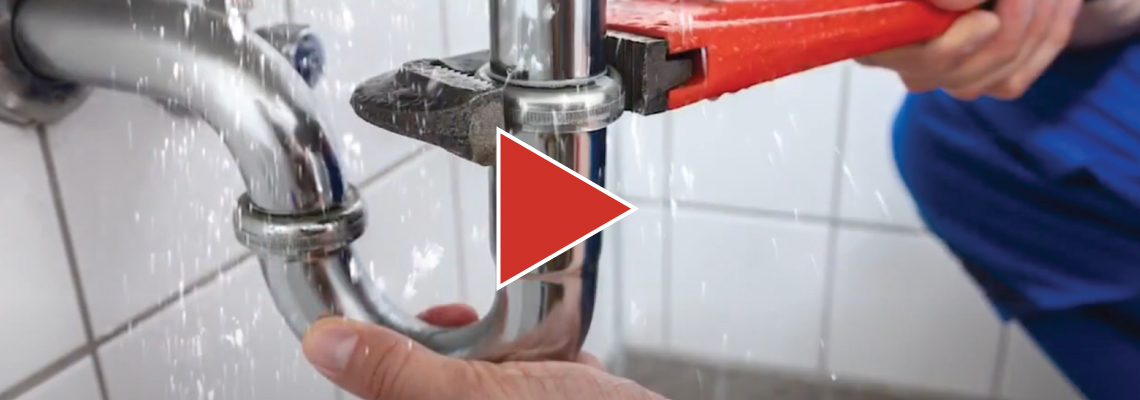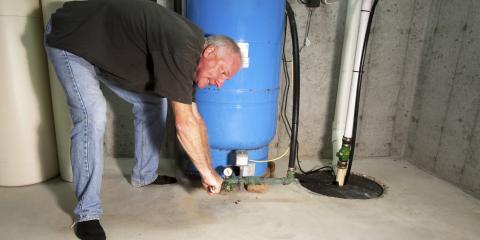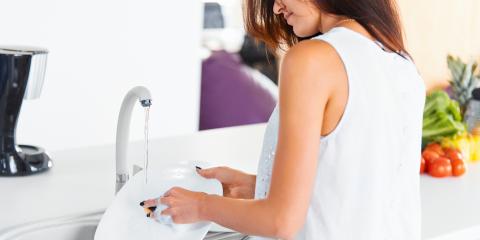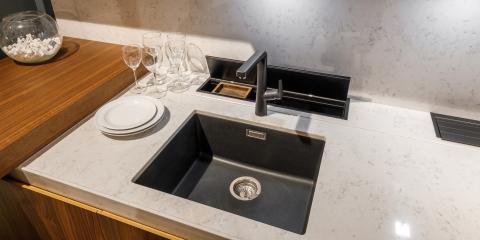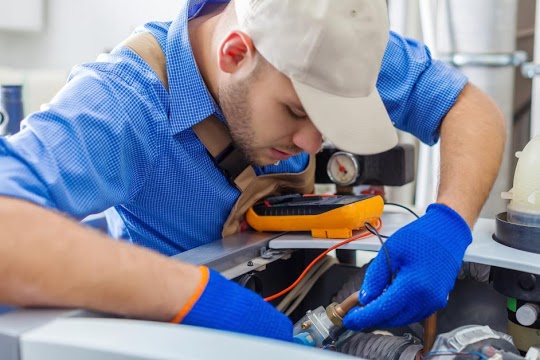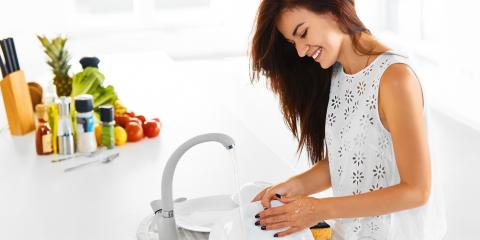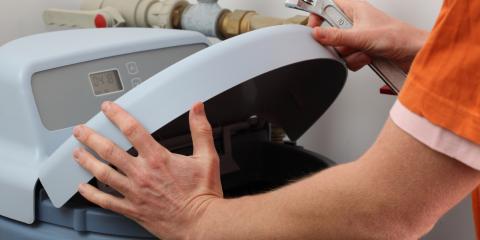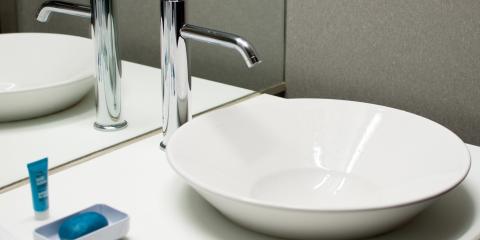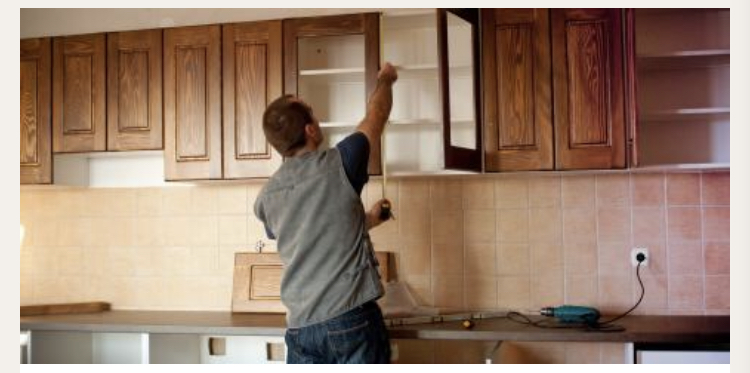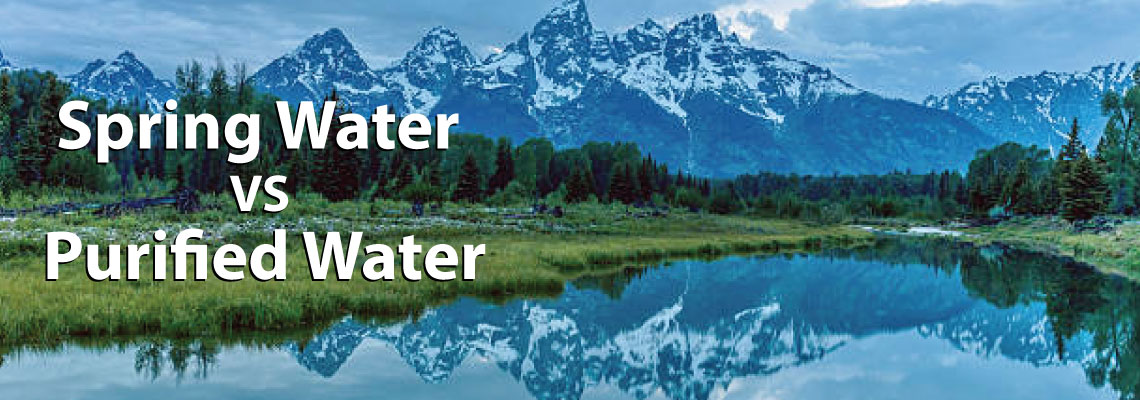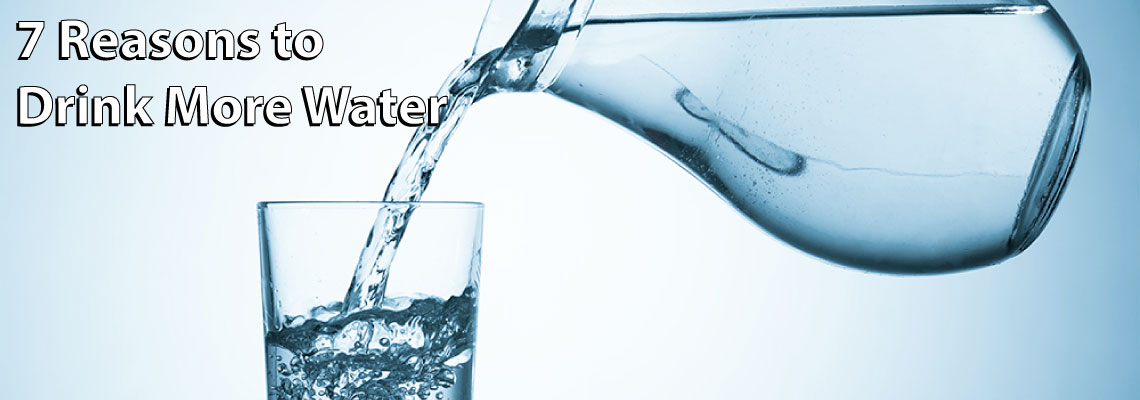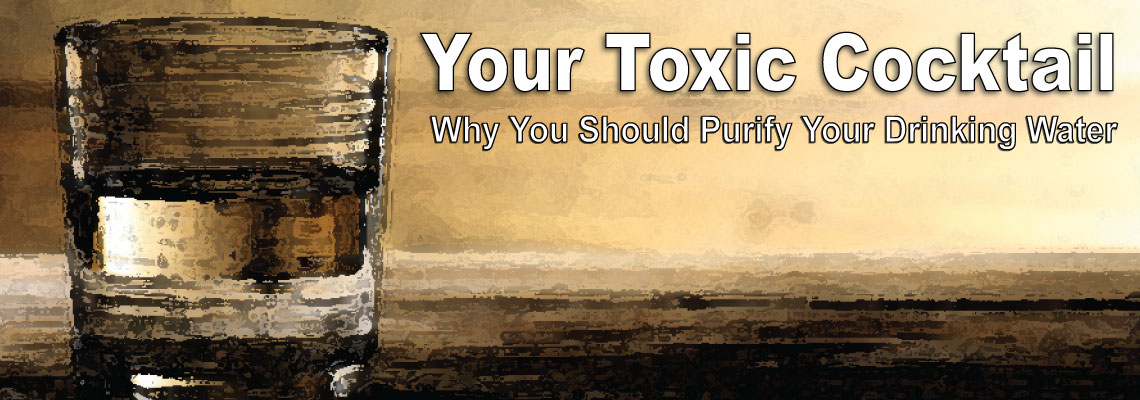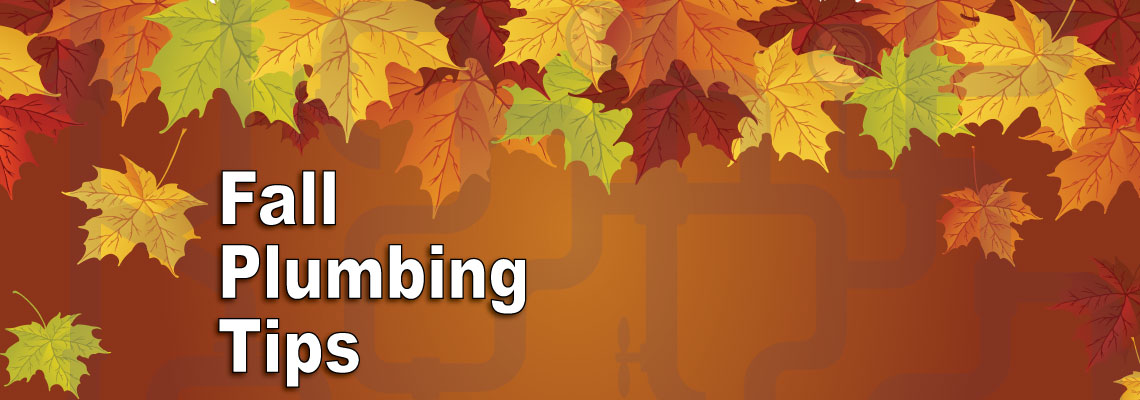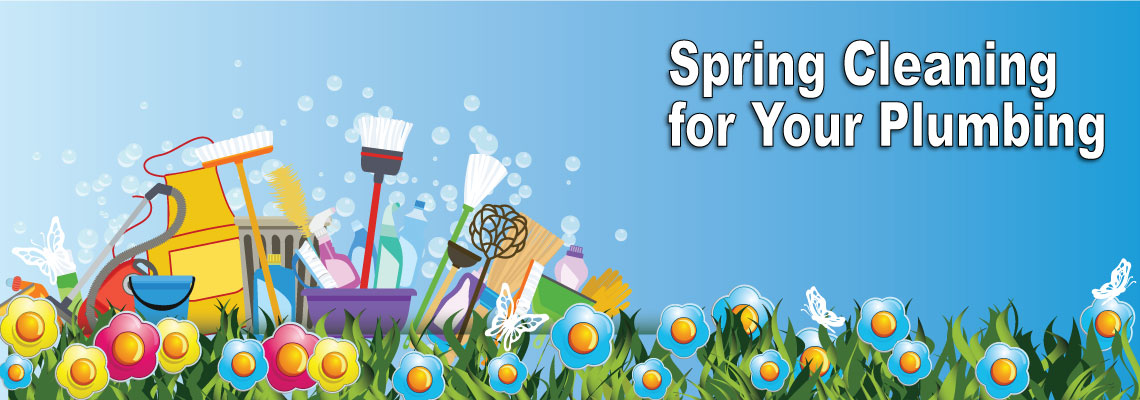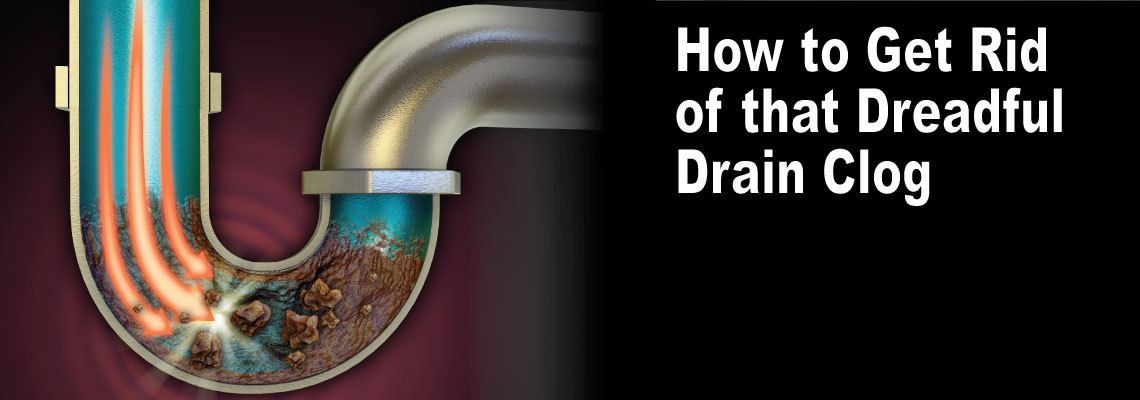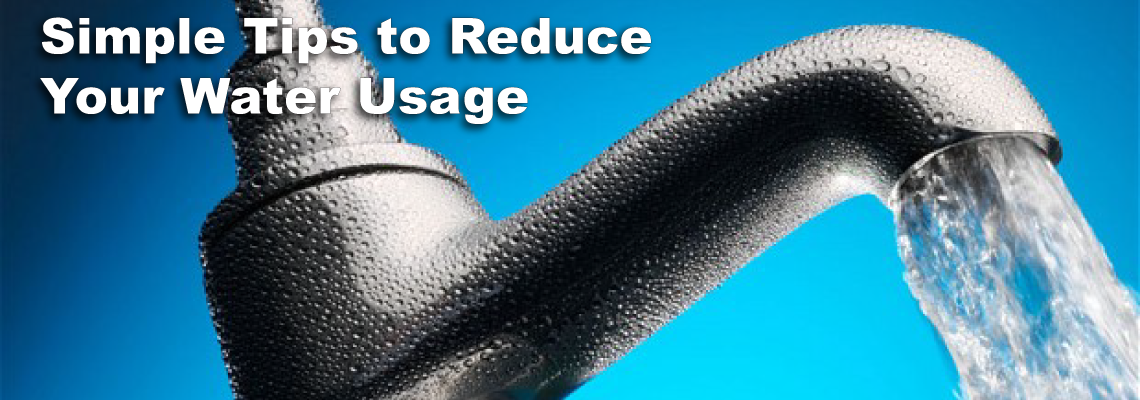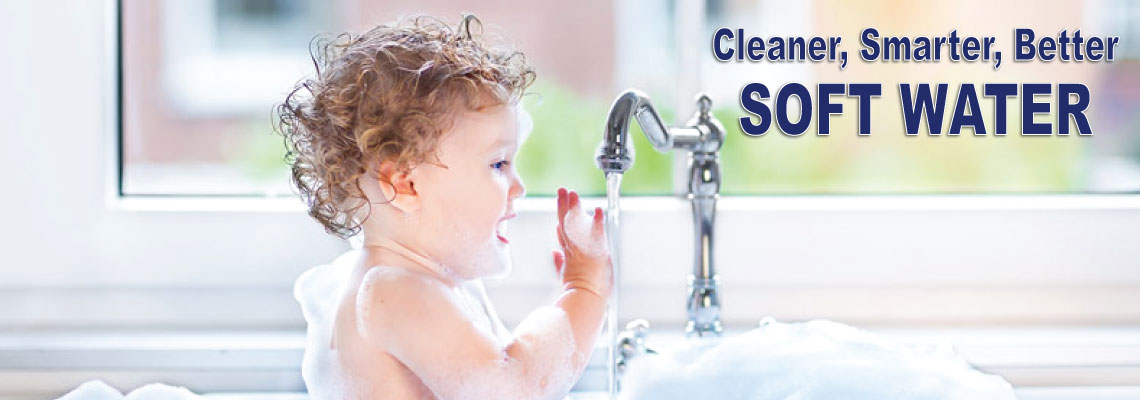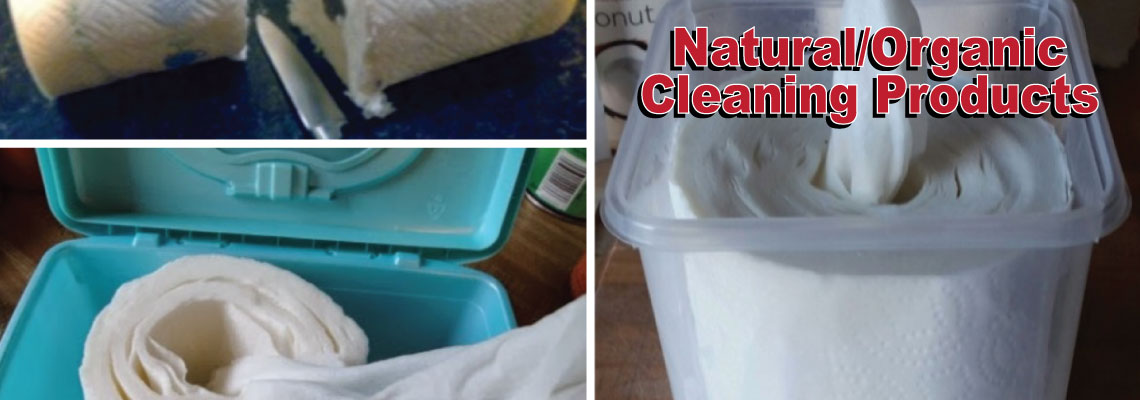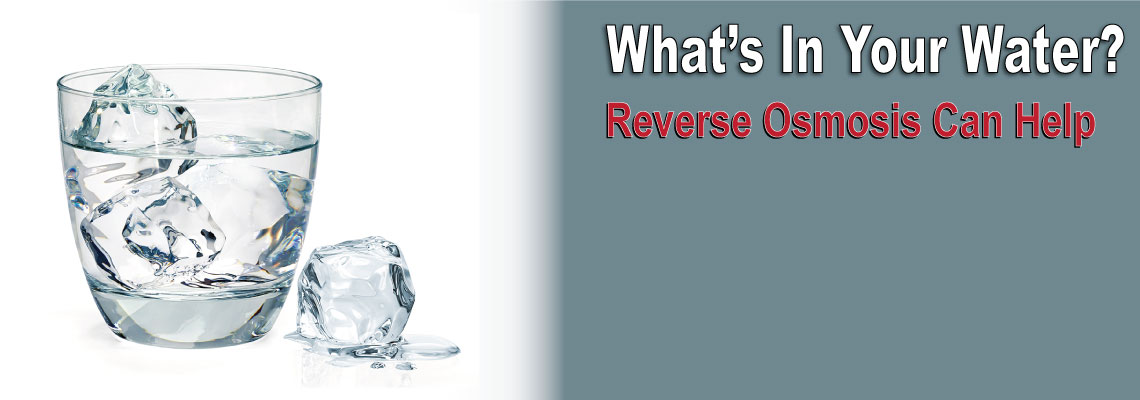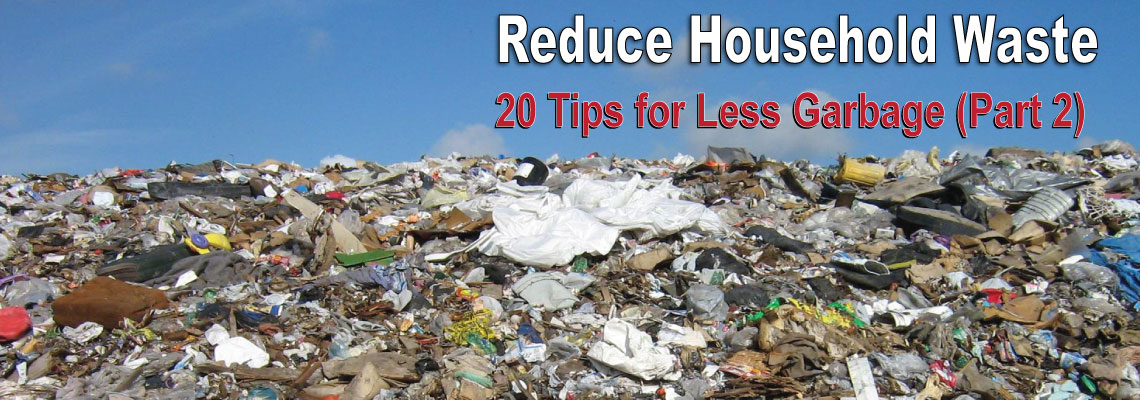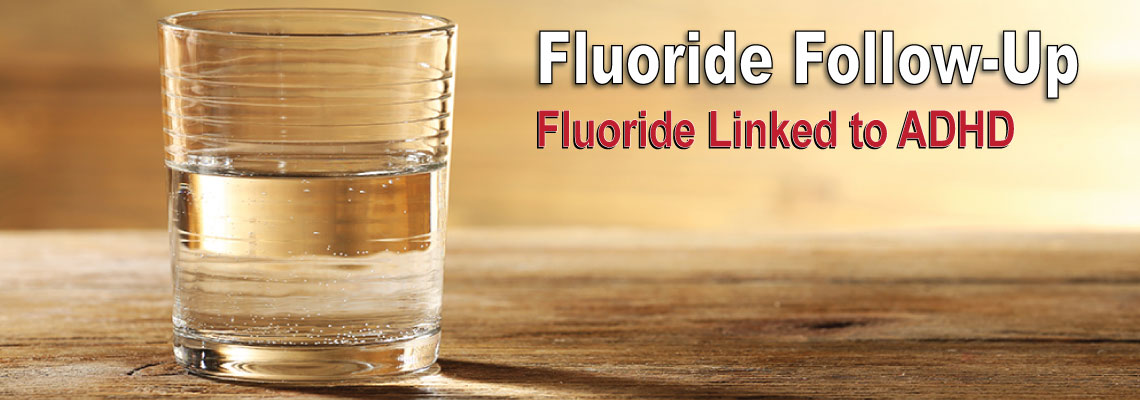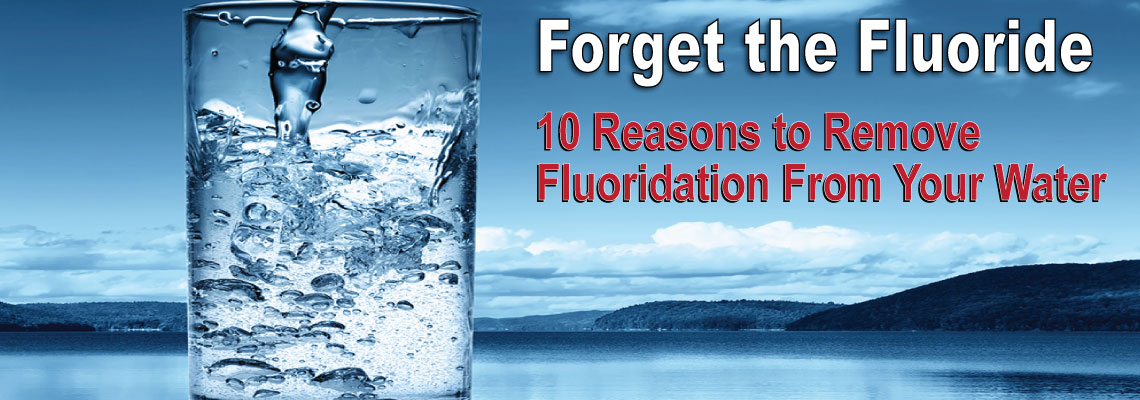Tips and Tricks to Better Manage Your Home
10 Ways to Stay Warm & Cozy
Helpful Tips to Stay Warm and Cozy This Winter
Thermostat- Keep your thermostat at the coolest temperature that is still comfortable. Make sure the fan is on Auto , so it runs only when the system is heating. When you’re not home or asleep, turn thermostat back 10-15 degrees, which can save you around 10% on annual heating costs.
Window / Sunshine- Open curtains during those sunny days to allow the sun in to naturally heat your home. Close windows at night to reduce any chill from cold windows. Consider replacing old and drafty windows.
4 Potential Reasons Your Drain is Clogged
Clogged drains are one of the most common reasons homeowners need plumbing repairs. While they’re an inconvenience to deal with, they can also cause drainage issues and damage to the pipes. Here are some of the top reasons clogs develop.
What Causes Drain Clogs?
1. Fats, Oil, & Grease
It’s easy to pour leftover fat, oil, and grease down the kitchen sink after cooking, but this can be detrimental to your plumbing. Although they enter as liquids when hot, they congeal when cooled down and turn into a sludge-like substance that sticks to the inside of pipe walls. In turn, it becomes difficult for water to pass through the system. Instead, fats, oil, and grease should be collected and properly disposed of in the trash.
Watch Our Video
Since 1962, American Water has been serving the community for your water softening and filtration needs. We’ve added many services throughout the years including plumbing, home remodeling, and more.
Learn about all that American Water and Plumbing has to offer in this brief, informative video.
5 Common Water Heater Issues
Like any other appliance in your home, your water heater can malfunction. Often, the problem will be apparent and come on quickly. Sometimes, you can resolve it through simple plumbing repairs, while others may warrant a system replacement. Discover which solution your system needs by exploring a few problems below.
What Are Frequent Water Heater Issues?
1. No Hot Water
A lack of hot water throughout all of your home’s plumbing fixtures can arise from many causes. Most commonly, the pilot control valve or thermocouple may be broken, which will extinguish the pilot light. A plumbing repair expert can replace the broken component and return the hot water to your system.
2. Strange Noises
Rumbling noises often indicate sediment within the tank. Left unaddressed, hard chunks of the material may accumulate and permanently damage your system. Prevent this issue by annually draining your tank. If the problem persists, you may need to replace the heating element.
Troubleshooting FAQ for Sump Pumps
Sump pump failure can lead to severe water damage in your home. Unfortunately, many homeowners do not identify these issues until it’s too late. To keep your machine working when you need it most, gain a firm understanding of what causes a pump to fail and what type of maintenance it needs.
Answers to Common Questions About Sump Pumps
What causes the pump to fail?
One of the most common reasons why pumps fail is a loss of power. If your home experiences an outage and you don’t have a backup or generator, the pump can’t operate. Also, some pumps fail due to improper sizing or installation, which requires repair or replacement. Finally, the lines running to the pump can also clog over time, which prevents the pump from removing water effectively.
4 Benefits of Installing a Water Softener
If you are like most American homeowners, your home has hard water. Hard water is a buildup of calcium and magnesium in the water supply that can lead to numerous problems with your house, plumbing, and health. Fortunately, a water softener can exchange these minerals for less harmful sodium particles to stop hard water issues and prevent them from reoccurring.
Why You Need a Water Softener
1. To Stop Soap & Scale Buildup
Hard water leaves a white residue on the surfaces it comes into contact with and is often more noticeable on metal utensils, pots, and pans. However, you’ll likely notice a soapy film, fog, or spots on your glasses, or your shower door, that wont come off, no matter how hard you scrub. This is because the minerals in your water alter the way soap works, so it can’t be completely rinsed away.
2. To Protect Your Skin & Hair
Similarly to washing dishes, the soaps and shampoos you use in the shower interact negatively with calcium and magnesium and can’t be thoroughly rinsed away. This can leave a filmy residue on your skin that can cause breakouts, an itchy rash, premature aging, and dryness. Your hair will also start to look flat and dull and feel super dry. If you dye your hair, hard water will also cause the color to fade faster.
5 Signs You Need a New Garbage Disposal
A garbage disposal unit is one of the most useful appliances to have in the kitchen. It minimizes the amount of waste that goes into the trash and keeps it out of landfills. However, like all appliances, it’ll need to be replaced after normal, everyday use. Here are a few signs to watch out for when it’s nearing the end of its time.
Signs Your Garbage Disposal Unit Should Be Replaced
1. Odors
Since it’s meant for food scraps, odors emanate from it; however, there are cleaning products and solutions designed to freshen it up. If you’re using these products regularly and the odor persists, it could mean it’s time for a replacement, so consult a plumber to determine the issue.
2. Repairs
Occasionally calling a plumber to fix your garbage disposal normal and part of proper maintenance. However, if your accumulated repair costs are higher than a new appliance, you should opt for a replacement.
How to Troubleshoot Sump Pump Problems
If your home is prone to flooding in the basement, sump pumps can help keep the space clean and dry. While it is usually installed as a precaution, keeping the equipment in shape can save your home and belongings in case of an emergency. If you believe that your sump pump isn’t working, consider the following common problems.
5 Ways to Troubleshoot Sump Pumps
1. Too Much Water
The wrong size sump pump often leads to an overwhelmed system. You may also have the incorrect horsepower for your property. Most homes do well with a 1/3 horsepower pump, which can remove 35 gallons of water per minute, but if you live in an area with a high water table, you will need equipment that can handle double that amount without shutting down.
2. Discharge Pipe Trouble
If water is backing up into your basement, the issue may be with the discharge pipe. This line that leads outside can become clogged with debris, nests, and small animals. Add a protective cover and grate to stop future trouble. Your discharge pipe may also freeze, which is hard to control. The best solution is to install a backup discharge line that will help remove water when the main one cannot.
Do’s & Don’ts of Using Your Garbage Disposal
While the powerful grinding action and the loud noise that accompany it may make your garbage disposal seem indestructible, you can break the appliance if you don’t take care of it. Be careful about what you put down the drain to avoid costly repairs in the future. Follow the guide below to learn the best way to preserve your disposal.
Do…
Rinse it with cold water
Flush the garbage disposal thoroughly and often with cold water from the sink. While water is running, throw a few ice cubes down the disposal. This helps keep blades sharp and wash away leftover food particles and other gunk that may clog the drain. You may be tempted to use hot water for its grease-melting benefits, but this can make a grease clog worse by pushing it further into the pipes.
Put most food in your trash can
It can be tempting to toss the majority of scraps down the drain when you have a garbage disposal. Resist the temptation because many foods can cause significant damage to the impellers. Some culprits include eggshells, coffee grounds, fibrous vegetables, rice, pasta, and hard items such as bones and corncobs. Put these items in the trash or compost instead.
3 Reasons to Install a Home Water Filtration System
Water is an essential part of life. You need it for cooking, cleaning, bathing, and drinking. However, the water entering your home likely contains many impurities that can counter this usefulness, and in some cases, make it harmful. A water filtration system protects your household from any potential contaminants to provide the following useful benefits.
Why Add a Water Filtration System to Your Home?
1. To Always Have Clean Drinking Water
Although most homes receive water from local treatment plants, that doesn’t mean it’s entirely safe to drink. Local municipalities commonly add chlorine and other chemicals to remove toxins and other impurities from the water. If the liquid has to travel through outdated and damaged pipes on the way back to your home, there is a risk that the water could become contaminated with lead, fertilizer and pesticide runoff, and other harmful pollutants. Installing a water filtration system gives you extra protection from these toxins, so you can drink water without worrying about what it might be doing to your health.
5 Reasons to Stay Hydrated
You’ve heard how important it is to stay hydrated and promote your body’s natural processes. Common wisdom says to drink eight glasses a day, though the official Institute of Medicine recommendations are more individualized. In the interest of developing healthier habits, many homeowners now have a plumber install a water filtration system so they can enjoy an unlimited supply of clean, fresh water. Why not Install a Water Softener or reverse osmosis or other water filtration?
1. Speed Up Digestion
Drinking water with your meal or soon after it helps break down the food in your stomach, making it easier for your body to process. This means faster, more thorough digestion. Water also helps the food move more comfortably through your digestive system.
2. Improve Skin Health
Dry skin becomes dry and flaky, and can also contract, giving it a stretched appearance. Keeping your body fully hydrated will also keep your skin hydrated, which makes it look more healthy and radiant.
Four Common Summer Plumbing Issues
Summer is a popular time for families to enjoy some outdoor fun, but the rising temperatures can have an impact on your home’s plumbing. If you know what to look out for, you can easily solve these problems with a visit from a professional plumber. Here are some of the most common plumbing problems that you may encounter this summer.
4 Plumbing Repairs That Are Common During Summer
1. Broken Sprinklers
A sprinkler system can help you keep your lawn green and healthy throughout the warmer months. However, after sitting idle for the winter, you might notice that your sprinkler has leaks or clogs that prevent water from being evenly distributed. A plumber can help you fix broken hoses or replace part of the delivery system.
What You Should Know About Reverse Osmosis Systems
What You Should Know About Reverse Osmosis Systems
Whether you rely on a well or a municipal system, you need a water filtration system that ensures you have access to clean, safe water. Reverse osmosis systems are among the best methods available for providing consistent results. Here’s what you should know about this key equipment.
How Reverse Osmosis Works
Reverse osmosis water filtration can be used for residential, commercial, and industrial applications. In homes, the device is typically installed under the kitchen sink. Water from the water supply line enters the pre-filters first. The screens eliminate inorganic solids and chlorine. The chemicals, sand, dirt, and other particles are removed in the beginning stage to prevent damage to the reverse osmosis membrane.
4 Sump Pump Winterization Tips
Part of home winterization involves the sump pump or the emergency pump that directs floodwaters out of your basement. Since these essential devices live in subterranean spaces, they are vulnerable to the cold without the right care.
Use these tips to protect your sump pump throughout the coldest months of the year.
4 Ways To Protect Your Sump Pump This Winter
1. Maintain A Warm Interior Temperature
Keep the temperature in your home above 55 degrees Fahrenheit to prevent a frozen sump pump. While hot air rises and cold air falls, the right internal temperature provides sufficient heat to warm your basement. If you are still concerned about freezing issues, add a space heater. Use one that automatically turns off when it gets too hot or falls over.
What Do Water Softeners Do?
Do you want to purify the water supply to your home or business? Softeners remove hard minerals, which improves the taste and smell of water while providing a variety of other practical benefits. Here is a helpful guide on how water softeners work and why they’re important for residential and commercial properties.
Your Guide to Water Softeners
What Is Hard Water?
Hard water contains a high mineral count that usually includes magnesium, calcium, iron, and hydrogen sulfide. While these elements are not harmful, they sometimes cause water to smell peculiar and taste bitter, and can cause a host of problems.
A Guide to Sump Pumps
Water damage is a costly issue, which is why preventative systems are vital for home protection. A sump pump doesn’t prevent water intrusion, but it removes excess water from basements or crawlspaces before it can damage the structure. Here’s what you need to know about how these systems function and how to maintain them.
What Sump Pumps Do
A sump pump is part of a protective system installed below a basement floor or crawlspace. If a leak occurs in these areas, the water collects in the sump pit, and the pump safely discharges it into the soil. Pumps also collect water that rises through the cracks in a home’s foundation if the soil is over saturated. There are two types based on cooling design. Column pumps are cooled by airflow, and submersible pumps are cooled by groundwater. Column is best for larger spaces; submersible generally works in any space.
Porcelain Rust Stains: Culprits and Removal
Porcelain is undoubtedly beautiful, but over time it can begin to form unsightly rust. In addition to being an eyesore, rust can shorten the lifespan of your fixtures, diminishing your overall home value as a result. Knowing the common causes and removal techniques will keep your eye sharp for potential issues and how a water softener can help provide the best solution.
Guide to Porcelain Rust Stains & How to Remove Them
Causes of Rust Formation
Rust stains in the bathroom or kitchen are the result of an excess of iron in your water. When porcelain comes into direct contact with rusted metal – whether from a leaky faucet, standing water, or a shaving gel canister – it will develop rust of its own. This is because dissolved iron in the water creates a chemical reaction with oxygen in the air and oxidizes. This solidifies the dissolved iron and turns it into the reddish-brown rust stain that you see.
4 Signs You Need a Better Water Filtration System
Whether you receive tap water from your city’s water supply or a private water well, that water must be treated before it can be consumed. Even drinking water disinfected by local governments can arrive in your home less than pure, thanks to damaged plumbing and poor treatment. If you’re concerned about your water quality, keep these signs in mind that you need a better water filtration system.
4 Warning Signs You Need Water Filtration
1. Your Water Isn’t Clear
If your tap water looks orange or brown, it’s a sure sign it has been contaminated with soil or other debris. While even treated water can sometimes appear cloudy, it should never look unnatural.
Back To School Plumbing Tips
It’s back to school time and summer is officially over. With kids back in school and fall sports are well underway, this means your schedule will soon be in an uproar. With hectic early mornings, competition for the bathroom, more commuting, getting to the bus on time, changing schedules, and endless laundry w school clothes, practice clothes, & uniform washing. Your plumbing will obviously see an increase in usage. Soon the leaves will start changing and weather will turn, so here are some tips to avoid a plumbing disaster in your home.
Washing Machine Tips
A different outfit every day, and after school activities or sports will certainly increase your laundry load. Your washing machine works a little harder during the school year. Therefore, it’s a good idea to check your washing machine hose for cracks, bulges or tears. A damaged hose will allow water to leak onto your floor. Just like your drain lines, build up and debris can get clogged inside the hose, which causes the leaking. You should replace these about every 3 years.
Why Now is the Time for a Bathroom & Kitchen Remodel
Whether you’re prepping to sell your home or you simply want to upgrade your house, few projects can deliver a greater return on investment than bathroom or kitchen remodeling. These projects provide stunning transformations, but many people hesitate in their plans due to cost. Here’s why tax season is the perfect time to forge ahead and beautify your home.
Prepping for a Tax Refund
The final day to file taxes was April 15. Surveys have found that nearly 80% of people receive a return after filing federal taxes. Though the exact amount of the refund will vary depending on your financial situation, most people can expect to receive several hundred — or thousand — dollars back in their bank account, and soon.
Rather than spending this money on disposable goods, invest it in your home by putting it toward your next bathroom or kitchen remodeling project. Remodeling provides lasting results and increases resale value when selling a house.
Spring Water VS Purified Water
Do you know the difference?
Spring water , also known as Artesian , or ground water comes from an underground source, such as a well or a spring- which is not filtered for contaminants.
Purified water may also be spring water, or from other sources-but it is filtered for contaminants. Purified by reverse osmosis is the best method and most widely used.
Spring water content varies depending on the flow and length of the path, the rocks and minerals it contacts, and generally has a higher PH level.
Contaminants
Contaminated water can be life threatening to babies, children, elderly, and immune compromised individuals.
Spring water may contain contaminants such as bacteria, viruses, chemicals, parasites, animal waste, and organisms ( Cryptosporidium, Giardia, E.coli ).
Tap water may contain the same as spring water and more such as lead, pesticides, added chemicals, chlorine, fluoride, arsenic, nitrates, pharmaceutical drugs, aluminum, hormones, radio active components, chromium and others.
10 Energy Tips to Save You Money
Even though the worst of winter is behind us, you know as well as we do that Ohio weather can be very unpredictable. With March and April still ahead of us bringing fluctuating temperatures, spring rains, and even some occasional snow, keeping warm is still a priority.
Here are ten tips that will help save you money in the coming months
1. Lower Thermostat
Keep your thermostat just below the most comfortable setting. Then wear socks, sweatshirts, and other warm clothing to keep yourself as warm as you want. Throw a blanket on the coach to use while napping or watching TV. You can save about 3% for every degree you lower the thermostat. Also remember to reduce the temperature at night or when you are away.
2. Change Furnace Filter
Changing your furnace filters regularly will keep your furnace running a peak efficiency. By making life easy on your furnace, you allow it to heat your home more quickly and thoroughly.
7 Reasons to Drink More Water
Water is essential for ALL bodily functions and makes up to 2/3 of our body weight.
Here are 7 reasons to drink more water
Fire up that Metabolism- You can burn more calories by drinking COLD water which stimulates thermo genesis.
Improve Muscle Tone
Improve Digestion
Improves Joint Health – Lubricate those joints!
Supports Detoxification- Flush all those toxins from your liver and kidneys.
Relieves Constipation
Prevents Fatigue- When you drink water,it allows the oxygen to your brain
Your Toxic Cocktail – Why You Should Purify Your Drinking Water
You would be shocked to know what is actually in your water. Depending on your area, as some are worse than others, but here are some items that are typically found in drinking water:
Chlorine
Lead
Copper
Bacteria
Arsenic
Fluoride( toxic ingested-see dangers of Fluoride blog )
Fertilizer, Pesticides and Nitrates
Insects
Parasites ( like Cryptosporidium)
Organic Chemicals
Sodium
Lets discuss a few of these and why we should filter/purify our water.
Fall Plumbing Tips
Now that the kids are back in school, the leaves are turning, and the nights are cooler – its time for your fall cleaning or check list on the plumbing in your home.
Avoid a Flood
Always know where your main water shut off valve is located and any emergency shut off valves in our home. It’s easier to know ahead of time, where they are located, in the event of an emergency.
Replace rubber hoses every 5 years, such as your washing machine or dishwasher. Rubber deteriorates and breaks down. It’s working…. until it’s not. Where available, replace with long-lasting braided stainless steel.
Hot Water Heater
The average life span is about 10 years. Take the time to check for leaks regularly. You can prolong its’ life by using a water softener. A water softener removes the lime scale build up from damaging the heating elements prematurely. Plus it will give more efficiency when using SOFT water. On average, a water heater will lose 25% efficiency when using hard water.
How to Make a Bathroom Senior-Friendly
5 Bathroom Remodeling Tips for Seniors
If you’re purchasing a retirement home or looking to make changes to your current space as you age, the bathroom should be one of your first priorities. This room is a common site for falls and other issues, but with a few simple bathroom remodeling steps, you can make it safer and more comfortable.
1. Lower the Water Temperature
Since skin changes as you age, high water temperatures can be especially harmful to seniors. To prevent burns, lower the temperature settings on the water heater, so there’s no chance of scalding.
2. Add Grab Bars & Non-Slip Mats
Falls are some of the most common bathroom-related incidents. Mitigate the risk by adding non-slip mats around the shower and sink areas. Have grab bars installed around tubs and toilets so you can easily guide yourself.
Spring Cleaning for Your Plumbing
Try these “Spring Cleaning ” tips for the plumbing in your home, for increased efficiency and usage.
Clean shower heads/ faucets for mineral deposits & calcium build up, which can reduce efficiency and flow.
Check faucets for leaks or drips. Depending on the leak, you can lose up to 8 gal per day.
Check toilets for leaks, toilet bowl cracks, and make sure that it flushes properly.
Clean all drain strainers from debris, hair/soap/toothpaste build up to prevent clogs or low flow.
Check the water supply valves for proper working order. They tend to stick or corrode when they are not turned often. I would suggest doing this at least once a year.
Check hot water setting- it should not be any higher than 120 degrees. This prevents scalding and reduces energy use.
How to Get Rid of that Dreadful Drain Clog
Typically there are 3 reasons why you have a clog
1.Tree Roots
2.Damaged/ Misaligned Sewer Pipe Sections
3.Foreign Object
Avoid a Clog
Always try to keep notorious items, like grease and hair out of drains, and be aware of flushable items, such as feminine hygiene products. Even if these items are labeled “flushable”, choose to throw them in the garbage instead of flushing, because these items do not disintegrate quickly and can cause blockage in the drain pipe.
Feed food into your garbage disposal slowly with cold running water. NEVER pour grease down your garbage disposal or your kitchen sink drain, as that is a common problem.
Simple Tips to Reduce Your Water Usage
Here are some simple tips to help you conserve or reduce your water usage.
Bathroom
Keep your showers short, and install a low flow shower head, which uses up to 50% less than other models.
Choose low flow alternatives for your toilets and check flapper to make sure its working properly and not running.
Turn off faucets completely, and repair any leaks as soon as you notice them.
When you’re brushing your teeth, don’t let the water run. At 4 gallons a minute-the average family of 4 would save about 200 gal a week.
When shaving, plug your sink, instead of running water, to rinse your razor.
Cleaner,Smarter,Better….Soft Water
Hard water ( Calcium & Magnesium ) is a common problem, as when these hardness minerals are combined with heat, it forms troublesome scale- causing build up in your plumbing, water heater, appliances, etc. When combined with soap, this makes skin dry, hair lifeless, laundry dull, and build up on your dishes and fixtures. A water softener, takes that hardness out of your water.
Benefits of a water softener
Protects your plumbing & appliances from calcium, lime and scale build up – giving longer life to your appliances, such as your water heater, dishwasher,washing machine, kitchen & bath faucets and shower heads.
Lower water heating costs- protects the water heater from build up, giving longer life & efficiency
Use up to 75% less soap- soft water needs a small amount of soap to lather… from laundry to the shower your lather will be incredible with just a small amount.
Easier cleaning- you will not see the soap scum build up on your tub and shower.
Bright whites, vibrant colors- no more dull laundry
Crystal clear dishes & glassware
Soft supple skin
Silky, shiny hair
Natural / Organic Cleaning Products
Everyday cleaning items can expose us to potentially hazardous substances. Our homes have so many man-made substances that contain all sorts of chemicals, nitrites, poisons,metals, and carcinogens that are harmful to our environment and our bodies. If I gave you a list of common items, you would be shocked.
To start cleaning naturally, let’s go over some basic ingredients, that are generally multipurpose.
Vinegar-
disinfects, deodorizes – great window cleaner , but also great to add in your laundry for extra deodorizing those smelly uniforms Every few months, I pour 2 cups of vinegar into my washer and run an empty cycle just to tackle any soap build up in the washing machine.
What’s In Your Water?
We drink, bathe, cook and clean with our water…Do you know what is in your water?
If you’re on a well or cistern, you most likely already know the value of a purification system in your home, but what about city water???
Some areas are better than others when it comes to contaminants, and water conditions can vary even in the same community. Most city water is disinfected using chlorine to destroy most bacteria & parasites, but chlorine treatment cannot kill all harmful organisms.
Disease carrying germsand other organisms are polluting your water whether you know it or not. When cities declare the cleanliness of their water, are they claiming that it’s completely clean measured by your standards?
No, they are declaring that it is acceptably clean, measured by government standards that allow certain percentages of contaminants to pass on to you and your family.
Some hazards that could be in your water: lead & copper, bacteria, nitrates, chlorine, sodium,arsenic, fertilizer and pesticides that run off into our water, parasites-such as cryptosporidium, and fluoride ( which is harmful when swallowed in large doses- see our previous blog on the dangers of Fluoride.)
20 Ways to Reduce Household Waste (Part 2)
Buy in Bulk
Buying in Bulk reduces household waste by cutting down on the number of trips to the store. This saves time, vehicle wear, and gas money. You’ll also create less garbage, because your products will come in bigger containers and last longer. Buying in bulk at a local warehouse club like Sams or Costco can also save you money, byt allowing you to buy at a better price point.
Conserve Water
A household waste that we don’t often consider is gray water. Gray water is anything water that goes down a drain or sewer. It often contains soaps, detergents, cleaning products, and lawn checmicals. All of these things have to be filtered out of the water at a treatment plant through expensive processes that require lots of time and money. By conserving water, you reduce the amount of gray water created at your house and lighten the load on your local tratment plant.
20 Ways to Reduce Household Waste (Part 1)
Avoid Plastic Bottles
By adding a filter to your refrigerator or your drinking water, you’ll greatly reduce the number of plastic bottles you use. You’ll also consume far cleaner water, because it will be free from the contaminants that leech in from the plastic. And, best of all, you won’t have to separate your garbage and recycle as much.
Avoid Plastic Bags
Many stores offer paper bags instead of plastic ones. These are biodegradable and they have many household uses. Remember when we used to cover our text books with them? Our children and pets can play with them without fear of suffocation. They make excellent fire tinder for your indoor or outdoor fireplace (also for when you go camping).
The other plastic alternative is a reusable shopping bag. Most retailers offer these. Some even offer a discount for using them. You simply purchase them once and then bring them with you each time you shop. By reusing these bags for every trip you save on the amount of bags you have to throw away at home.
How To Make Your Home More Energy Efficient
We’re all doing what we can to be more energy efficient these days. It improves the planet and our pocketbooks. Here are some tips that we have found helpful in reducing energy costs in our home. Let us know if you use these methods and how they work for you.
1. Conserve Water
Plumbing-install low flow shower heads/ fixtures and low flush toilets
Take shorter showers
Use reusable cups instead of disposable
Install a drinking filter or system- instead of using bottled water
2. Insulate
Use weather stripping or caulk for your doors & windows, and your ducts
Spray or roll additional insulation into your attic
Fluoride Follow-Up
In a recent article on www.benswann.com, author Derrick Broze reported the findings of a recent study linking Fluoride to ADHD. This further demonstrates the concerns we shared in our last article, “Forget the Fluoride | 10 Reasons to Remove Fluoride From Your Water.” It seems that more and more research is being conducted regarding the existence of fluoride in our water supplies and the findings are increasingly concerning.
This article points to fluoride as having negative effects on the thyroid gland that could lead to depression and weight gain. It also mentions how fluoride can contribute to lower IQ scores. The truly compelling thing about this particular study is that it contains controls for socioeconomic status. This means that the results are already adjusted for income levels and it still shows that as much as 74% of Americans are effected by fluoridated water.
Forget the Fluoride | 10 Reasons to Remove Fluoridation From Your Water
There are many things that get added to your water before it ever reaches your tap. Today, we’ll discuss one of the most dangerous – fluoride. Fluoride has been linked to everything from birth defects and brain damage to cancer and infertility yet millions of people ingest it every day. There is virtually no regulation or oversight regarding dosage and it’s all perfectly legal. Here are 10 reasons to remove fluoride from your drinking water.
1. Fluoride is added to water for medical purposes
Fluoride is the only chemical added to domestic water supplies strictly for the purposes of medical treatment. It is supposed to reduce tooth decay which makes it the same as any other medication that may be prescribed by a doctor. However, the government never asked if you agreed to receive medical treatment for tooth decay. They simply added it to your water and decided for you.
Ten Ways to Keep Your Pipes From Freezing
With temperatures dropping to freezing and beyond, many of us face the challenge of frozen pipes. If you’ve ever dealt with these, you know that it is much easier to prevent them than it is to overcomes them. So here are ten ways to keep your pipes from freezing this winter.
1. Open kitchen & bathroom cabinets to allow warmer air to your circulate pipes
Often times by simply raising the temperature in your base cabinets, you can prevent freezing.
2. Let cold water drip from faucet, as running water through a pipe helps prevent pipes from freezing
It doesn’t have to be a stream, usually a steady drip will do, but, much like a river or stream, running water resists freezing.
3. Don’t turn down your thermostat at night- keep the temp the same for both day & night
Sudden changes in room temperature can push a cold pipe over the edge and make cause it to freeze.
